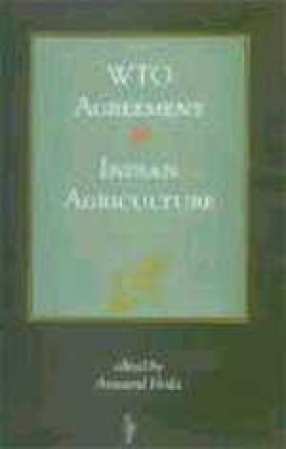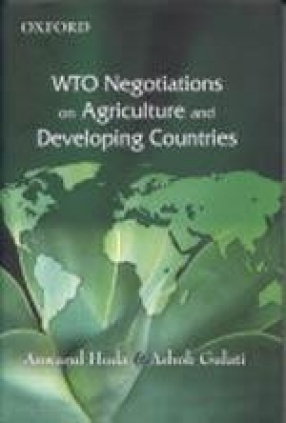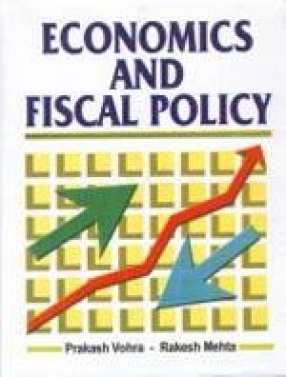In India, the WTO Agreement has been dogged by controversy from the very beginning. The proposed agreement on agriculture was seen as a threat to food security and rural employment in the country. There were also concerns about the Indian farmer becoming dependent on the corporate sector and having his traditional rights curtailed. The anxiety about the possible impact of the new trade agreement on agriculture was understandable in a country in which two-thirds of the population depended on this sector for its livelihood. While these concerns have remained in the minds of many, a number of economists have found that there is sufficient flexibility in it from which India may benefit. They think that in respect of the protection of plant varieties, it is possible under the WTO Agreement, to protect the interests of the farmers, while providing incentives for innovation to the plant breeders. The commencement of negotiations in the spring of 2000 at Geneva for continuing the liberalization in agriculture has rekindled the debate on the subject in India. WTO Agreement and Indian Agriculture attempts to capture this debate. Nine essays on the subject by economists, policy makers and other experts were originally presented at a workshop. These papers together with the lively discussions on them by other eminent economists as well as the authors of the papers have been brought together in this volume to give a flavour of the arguments and counter-arguments on the subject. Being interactive, this volume lends clarity to this complex problem, making it comprehensible to the interested reader while placing a wealth of data before the expert.
WTO Agreement and Indian Agriculture
In stock
Free & Quick Delivery Worldwide
reviews
Bibliographic information
Title
WTO Agreement and Indian Agriculture
Author
Edition
1st ed.
Publisher
ISBN
9788187358077
Length
xxiv+236p.
Subjects






There are no reviews yet.